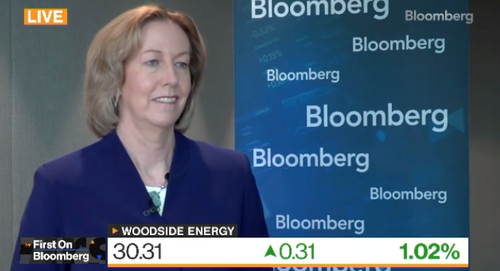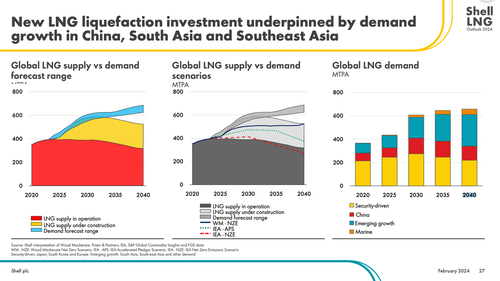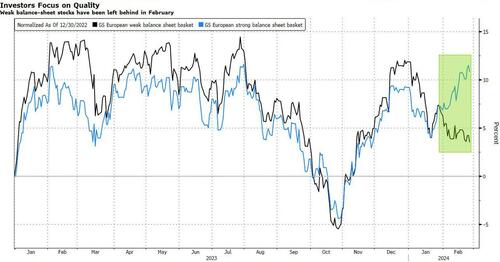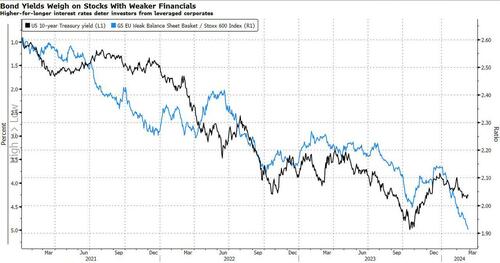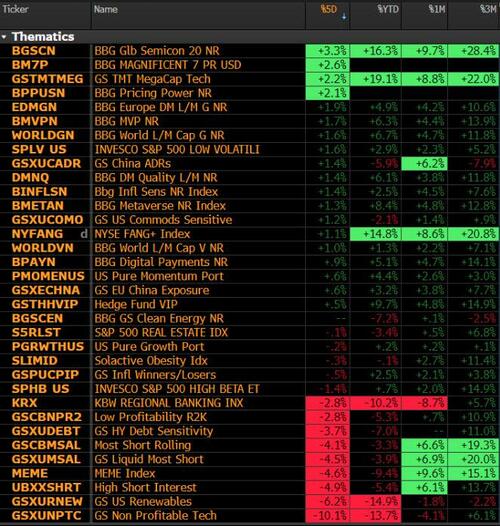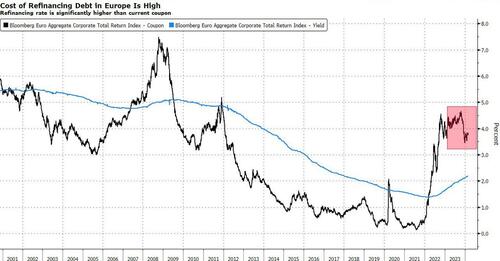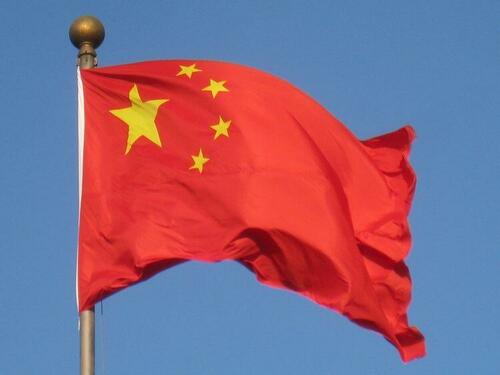“Bright Future”: Woodside CEO Sees Global LNG Demand Surging By 50% In Next Decade
Australia’s top liquefied natural gas exporter’s chief executive told Bloomberg in an interview on Tuesday that the LNG sector is an explosive upcycle that could send consumption soaring through the next decade, resulting in the need for more investments in the space.
“We’re seeing signs of that demand growth in emerging Asia,” CEO Meg O’Neill of Woodside Energy Group Ltd. said in the interview. She noted that consumption of the fuel is expected to rise by 50% over the next decade.
O’Neill said, “There’ll be points in time where we’ll see a fair amount of new supply arriving, but the demand growth is really likely to absorb that over the course of the coming years.”
In a separate Bloomberg interview, O’Neill stated: “We see a bright future for LNG.” She said her team has advanced the $12 billion Scarborough LNG project in Australia and other development opportunities, including Browse, Sunrise, and Calypso.
She said Woodside’s M&A team is actively searching for a “variety of opportunities — but we are going to be disciplined,” adding, “We are going to make sure it fits our strategy, fits our capabilities, and delivers value.”
Woodside’s outlook on the industry is one of the most bullish ones.
A recent note from Shell Plc, a top LNG supplier, shows a 2040 bullish forecast.
Given O’Neill’s long-term bullish outlook on the LNG market, what’s truly perplexing for many is the decision by climate radicals in the White House to halt new LNG export licenses in Texas. As a reminder to readers, Texas is the third largest LNG exporter in the world.
We have cited a number of energy insiders, Wall Street analysts, and even some government officials who have been absolutely dumbfounded by the White House’s decision.
Earlier this month, Jack Fusco, CEO of Cheniere Energy Inc., was quoted at the Baker Hughes annual conference in Florence, Italy, via Bloomberg, saying that the Biden administration’s decision to pause approvals of LNG export licenses “was very confusing.” He pointed out that US LNG helps lower dirtier fossil fuel generation emissions.
Mike Sommers, president of the American Petroleum Institute, said the decision was “probably the worst energy decision that” Biden has made. He said, “Because of this pause, you’re probably going to see some investment that would have come to the United States, go elsewhere.”
And Exxon Chief Financial Officer Kathy Mikells was recently quoted in an interview by Bloomberg as saying the pause in new LNG approvals is a “mistake” and will reduce climate-damaging emissions.
Considering all of this… What in the heck is the Biden admin thinking?
Tyler Durden
Wed, 02/28/2024 – 06:55
via ZeroHedge News https://ift.tt/2jzDwvR Tyler Durden
